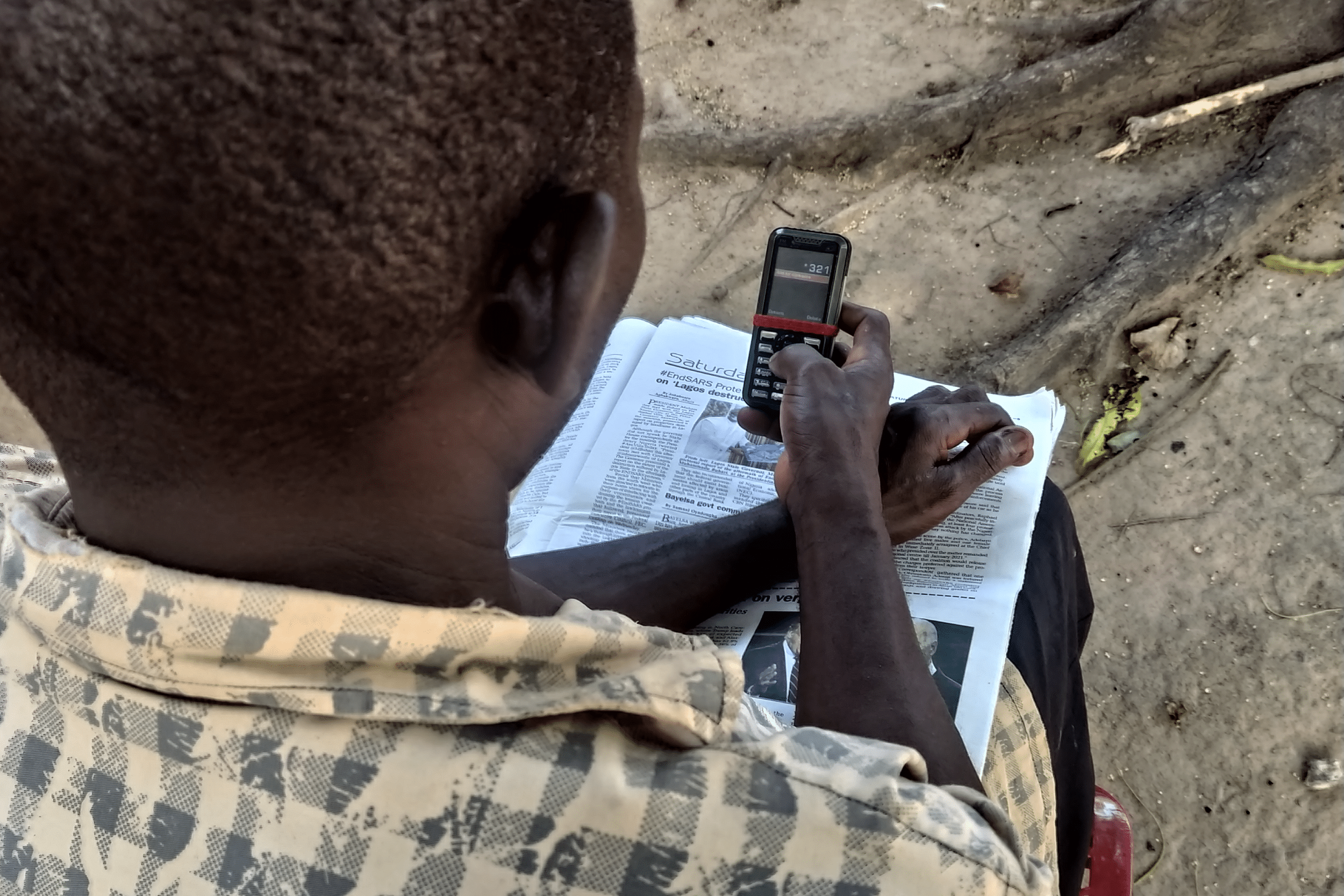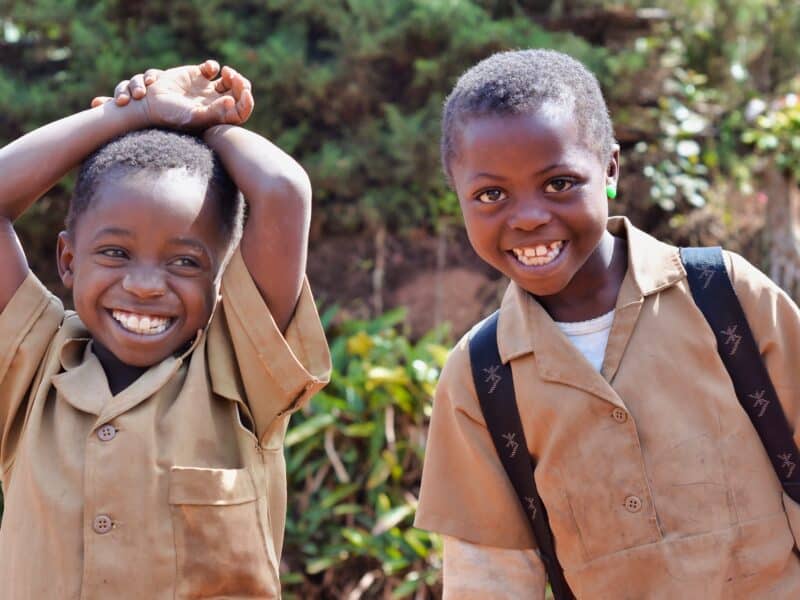Jamila excitedly tells her husband Faruk that she is pregnant. He tells her she should go to the hospital to have doctors confirm her pregnancy and to seek prenatal care. Should Jamila go?
This scene, which draws directly from Nigeria’s Albishirin Ku radio drama on maternal and child health, is now part of a game that can be played via mobile phone, where callers win points for their mastery of important health and social concepts. If they correctly encourage Jamila to go see a doctor, they are one step closer to being crowned a virtual “Gwarzon Garin Bakeso,” or “Hero of Bakeso,” a fictional world full of real-world scenarios.
Nearly 60,000 people have made a free call via the Airtel 3-2-1 network to play the Kacici Kacicin game since its launch August 31, spending nearly half a million minutes guided by interactive voice response technology that allows listeners to hear a story and then make a choice on how their favorite characters should proceed. The game itself is fairly low-tech, involving listening and responding by the push of a phone key, since most of the audience has basic cell phones and not smartphones.
“Radio dramas are a great way to get messages out, but there’s no real avenue for feedback,” says the Johns Hopkins Center for Communication Programs’ Idi Nasiru, a senior program manager for media in Nigeria. “What the Kacici Kacicin game affords is the ability to have an interaction between the program and the user. And people have played the game multiple times, an indication that the players have found it interesting.”
The game, developed by Peripheral Vision International, is one element of CCP’s Breakthrough ACTION-Nigeria project. The lion’s share of players are between the ages of 18 and 24, while men and women nearly equally play the game. Gaming – and its reward system – could be a way to bring valuable content on health and social norms to more men, since women already tend to be more engaged with maternal and child health messages.
While callers are on the 3-2-1 line, they can also access episodes of the radio drama itself. Episodes on exclusive breastfeeding for babies until they are six months’ old and diarrhea care have been listened to more than 100,000 times each.
Starting with five scenarios, Nasiru and others are working to develop five more to keep users entertained – and educated – with new material.
“It’s something entirely new and people are really responding,” Nasiru says.





